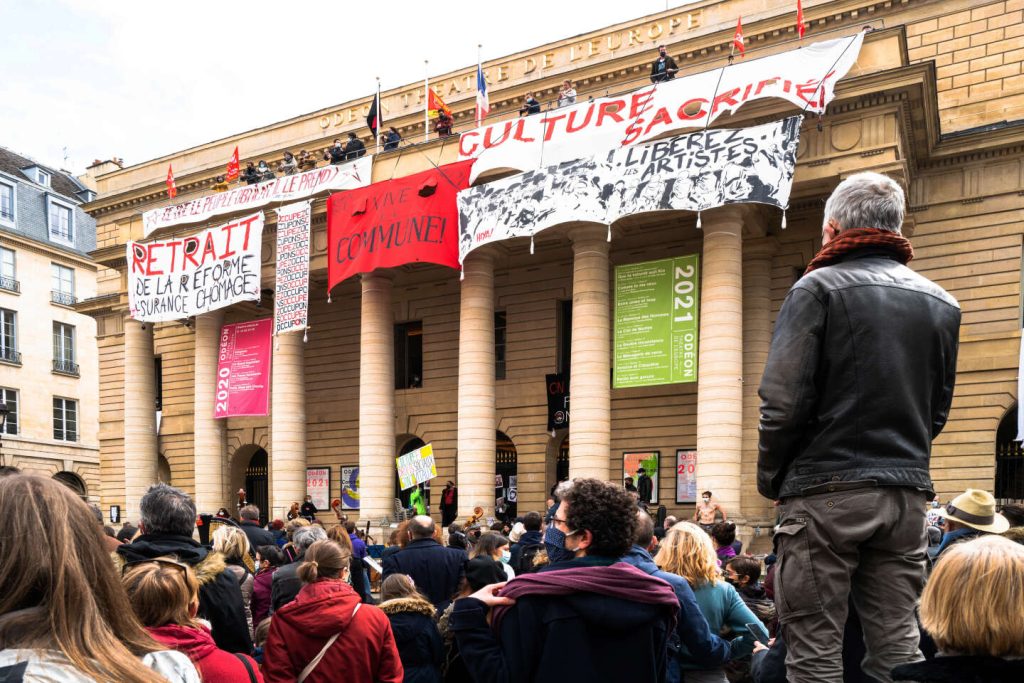Artists and authors play a crucial role in the creation of any form of artistic work, from books and films to live performances and visual arts. They are the driving force behind contemporary culture and intellectual life, generating economic activity in sectors such as music, contemporary art, publishing, design, and cinema. In 2019, around 720,700 jobs were directly dependent on the creations of artists and authors, contributing to over 90 billion euros in revenue for the art and culture sectors in 2022. However, despite their contributions, artists and authors continue to face significant challenges in terms of their living conditions.
In 2021, more than 300,000 artists and authors reported income under their specific social security regime, including writers, composers, directors, photographers, painters, sculptors, illustrators, designers, and translators. Despite the diversity of their professions, they share a common struggle with a social status that offers limited protection. Unlike performing artists, they do not have access to basic social rights such as recognition of work-related accidents or illnesses, or unemployment insurance, despite the precarious and irregular nature of their work.
The social situation of artists and authors is well-documented, with reports showing that a significant percentage of them earn very low annual incomes. In 2017, for example, 53% of graphic and visual artists earned less than 8,703 euros in artistic income. This widespread poverty among artists and authors contributes to a structural precarity that limits their ability to plan for the future and live comfortably. The European Parliament has also recognized these challenges, calling for artists and authors to have the right to a minimum wage, collective bargaining, protections for health and working hours, paid leave, and improved access to social security benefits and pensions.
Despite their essential contributions to culture and the economy, artists and authors continue to face precarious working conditions and a lack of social protections. This has prompted calls for greater recognition and support for these creatives, who are integral to the cultural and intellectual life of society. The struggle for fair compensation and social rights for artists and authors is ongoing, as they seek to build a more sustainable and equitable future for themselves and their work. The recognition of their value and the importance of their contributions is essential for the continued growth and development of the arts and culture sectors.


